01730 622544
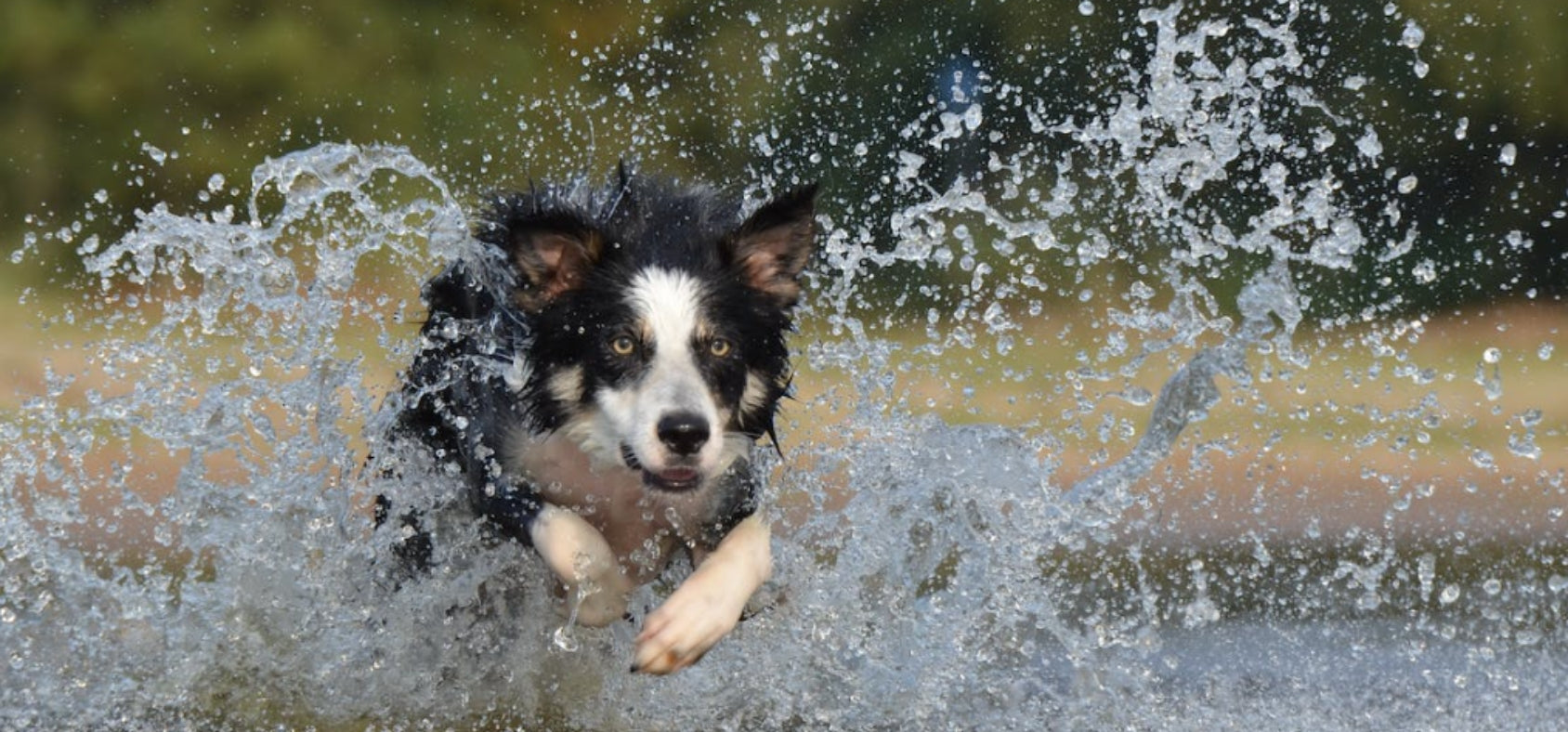
What Food Can Harm Your Dog at Christmas
Which Christmas foods should I avoid giving my dog?
Christmas is such a fun time of year and should be enjoyed by all the family, dogs included. Many of us are already aware of some of the potentially harmful foods our dogs can come across, and take steps to avoid them.
However, the festive period is one where we often introduce all manner of exciting items into the house that we don't normally have. Some of these things can be potentially harmful to our dogs and it's worth knowing some of the common pitfalls.
We have tried to give you a few of the most common foods to avoid this Christmas. It goes without saying, if in doubt contact your vet and they will be able to advise you.
Common Christmas food dangers for dogs:
Grapes
Exactly why and how these are poisonous to dogs is unknown and the exact volume needed to cause symptoms is difficult to predict. Some dogs will eat one or two grapes and become seriously ill but others can eat many of them without apparent signs. The only way to be safe is to keep them out of reach of your dog.
Christmas Pudding, Christmas Cake and Mince Pies
These Christmas fancies are bad for dogs for a number of reasons:
Firstly - they are jam-packed full of current raisins and sultanas. These are all a variation on the grape and as such have the same serious health risks. It is common for them to ingest far more grapes in this form than they would fresh grapes because there are so many packed into these cakes and they are smaller.
Secondly - they are full of fat, suet etc. which can often give them severe stomach troubles, vomiting etc. but also, more worryingly high fat meals are one of the high risk factors leading to pancreatitis. This can be a very serious and costly disease to treat.
Thirdly they are usually laced with large amounts of alcohol which can cause many of the symptoms of intoxication seen in people.
Chocolate coins and other chocolate decorations
Most people are aware of the dangers for dogs from eating chocolate and take steps to avoid leaving any near their dogs. However, it is not uncommon for people to forget about the chocolate coins or decorations and leave them in an irresistible location. As well as the dangers of the chocolate the actual wrapping foil can be problematic as they work through the gut system.
Bones
At this time of year we often cook far more meat joints than usual and this normally results in many more bones lying about. Once cooked all bones become brittle and splinter easily. This can lead to larger fragments getting stuck causing obstructions but also smaller pieces can cause gut irritation and perforation or even just difficulty toileting.
Most people avoid the initial pitfall of your dog borrowing the bones off the work surface only to get caught out later on by putting the deliciously tasty smelling carcass/bone into the bin where is gets raided in the night. Make sure you dispose of the string from any meat joints as this can be a tempting toy for your dogs and could be harmful if ingested. The best thing is to take it straight outside into a sealed bin.
N.B. Birds (turkey/chicken/goose) are all hollow boned animals and as such these bones will splinter either raw or cooked and so must never be given to your dog under any circumstances.
Macadamia nuts
Within 12 hours of ingestion macadamia nuts can cause dogs to experience weakness, depression, tremors, vomiting and hyperthermia (increased body temperature). These symptoms tend to last for approximately 12 to 48 hours, and as with all the other food groups mentioned if you suspect your dog has consumed macadamia nuts note the possible quantity consumed and contact your vet.
Alcohol
We tend to use much more alcohol in our cooking at this time of year and so even normal titbits can be potentially problematic over the Christmas period. As it is for people, alcohol is also intoxicating for dogs and can cause similar unpleasant side effects.
If your dog does get into mischief and consumes any of these things then the first thing to do is contact your local vet for advice. Often the quicker treatment is sought the easier and more successful the treatment.
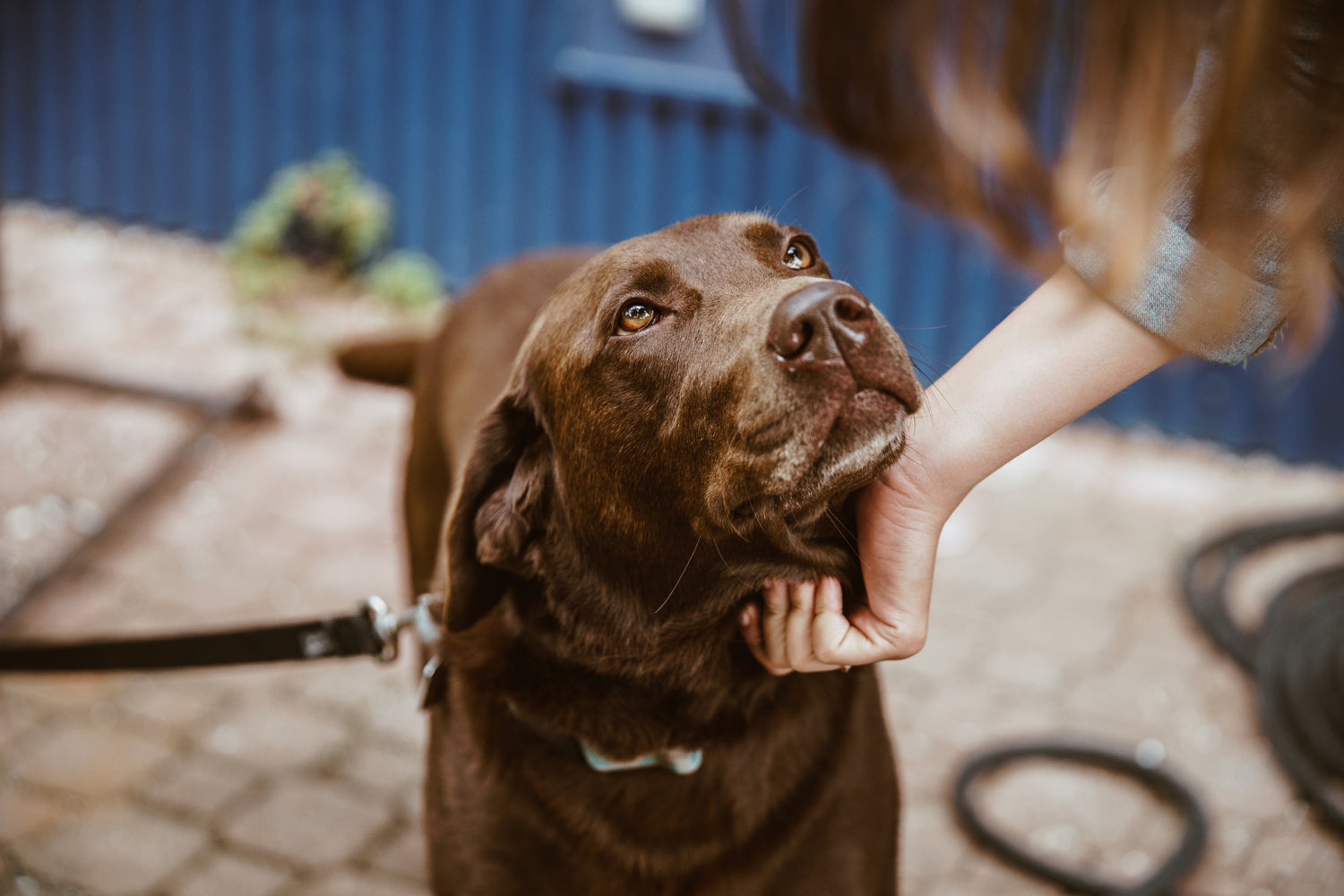
Looking for help with your dog?
We can help find the right solution for your dog
Feel free to give us a call on 01730 622544
or email us at woof@zoomadog.co.uk



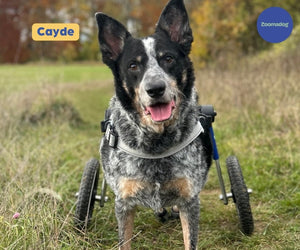
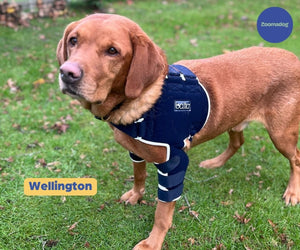
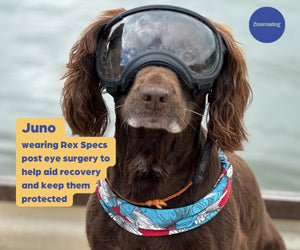

Leave a comment